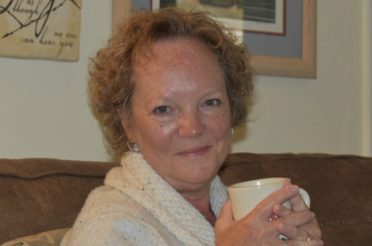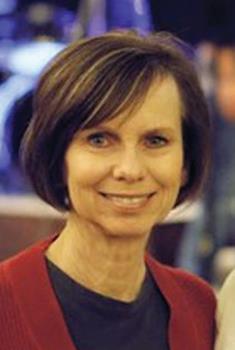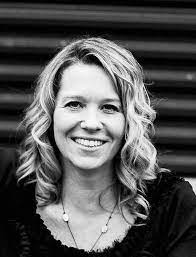By Roger Barbee
The long present COVID-19 pandemic and the racial turmoil we must heal have caused me to recall my days of racing marathons, those grueling 26.2-mile races. Like the marathon, the pandemic has been long, and the racial injustices we face have been with us for four hundred years. Both a marathon for sure, and we need to remind ourselves that the way to finish strong and correct is to maintain our form gained from our training. Let me explain.
My view of the marathon is that it is a 10 km race with a twenty-mile warm-up. I raced each marathon by pacing myself and when my energy began sweeping away, I concentrated even more on my form: Maintaining a relaxed arm rhythm with my head erect as I aligned my shoulders above my hips which I kept in line above my knees which I kept in line above my feet. I also maintained a good foot strike by gently landing on the outside of each heel and then rolling to the big toe before pushing off. I worked at maintaining as much of a relaxed, upright posture as I could and not allowing fatigue to dominate. Concentrating on form, not food or some other such subject, worked best for me, and I recommend it still for any road racer or athlete. Too many times I would pass runners whose form had melted into the roadway as they lost position in both the race and their form. They had fallen apart. In any race, even the 100-meter dash, form is important, and a racer’s form is a result of his or her training.
We are given the opportunity to perfect a form to follow in times of such horrific racial injustices that we, sadly once again, face, and the long-weary COCID-19 pandemic. The form that I write of is our individual and collective knowledge of our history, literature, religion, and more. For instance: Knowing the name Dr. Martin Luther King, Jr. and some of his accomplishments is a good beginning. However, we should go a step more and read and study his essay Letter from the Birmingham Jail, but do not stop there. Read the April 12, 1963 appeal to “local blacks of Birmingham” that was signed by eight religious leaders and printed in many area newspapers. Read their condemnation of Dr. King as “an outside agitator” and then read his essay in answer to their words. Learn more about the long struggle for racial justice and have a deeper appreciation for some people’s impatience over 50 years after he penned those magnificent words.
The COVID-19 plague continues to wear on us. Some of us ignore safety protocol in a belief that “rights” are being infringed upon by any governmental restriction aiming for public safety. We are tense. We are tired. We are troubled. Yet, if we had read John Barry’s fine study of a horrific flu epidemic, The Great Influenza, we might be better equipped to place our struggle in an important historical context and act from that perspective; not one of selfish disregard for others.
Any modern sufferer will gain solace from knowledge. Out of that solace will come patience which is necessary for productive action. And we need action today, but action based on facts, not emotions. The patience that grows out of knowledge will help us see the complexities we face and to understand how we came to where we are and to find solutions. But both above examples are historical and literary. While they and more are valuable for training or preparation for having a productive and quality filled life, I also recommend another base to help when weariness sets in; and just as in a marathon, every-day life will cause fatigue for every person.
We all will benefit from a higher power. As a Christ follower, I read and study my Bible, but the Sermon on the Mount is what I draw from most—especially when I am weary as I am now. During the 1960’s I marched and protested against the war in Vietnam and for equality in America. I know the sting of gas agents and the destruction from angry mobs, which Mark Twain described as armies without a leader. I see that same anger now, but offer that if we, Christ followers or not, follow the words in Matthew 5-7, we would be better for it. Speaking to a large crowd on a mountain, Jesus gives instruction for living. For self-respect and respect for others. For decency. For living a productive life and a life of quality.
Dr. Clarence Jordan demonstrated at Koinonia Farm in Southwest Georgia during the 1950’s and 60’s, that if we follow the teaching of The Sermon on the Mount, we will have the training that is necessary when the fatigue of running our marathon sets in. And that training will enable us to maintain form, to finish not only the race, but to finish it well.







